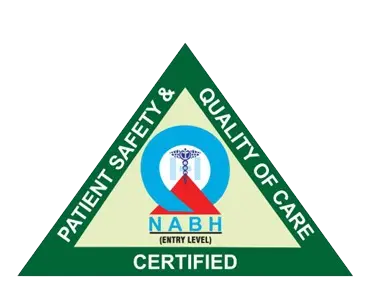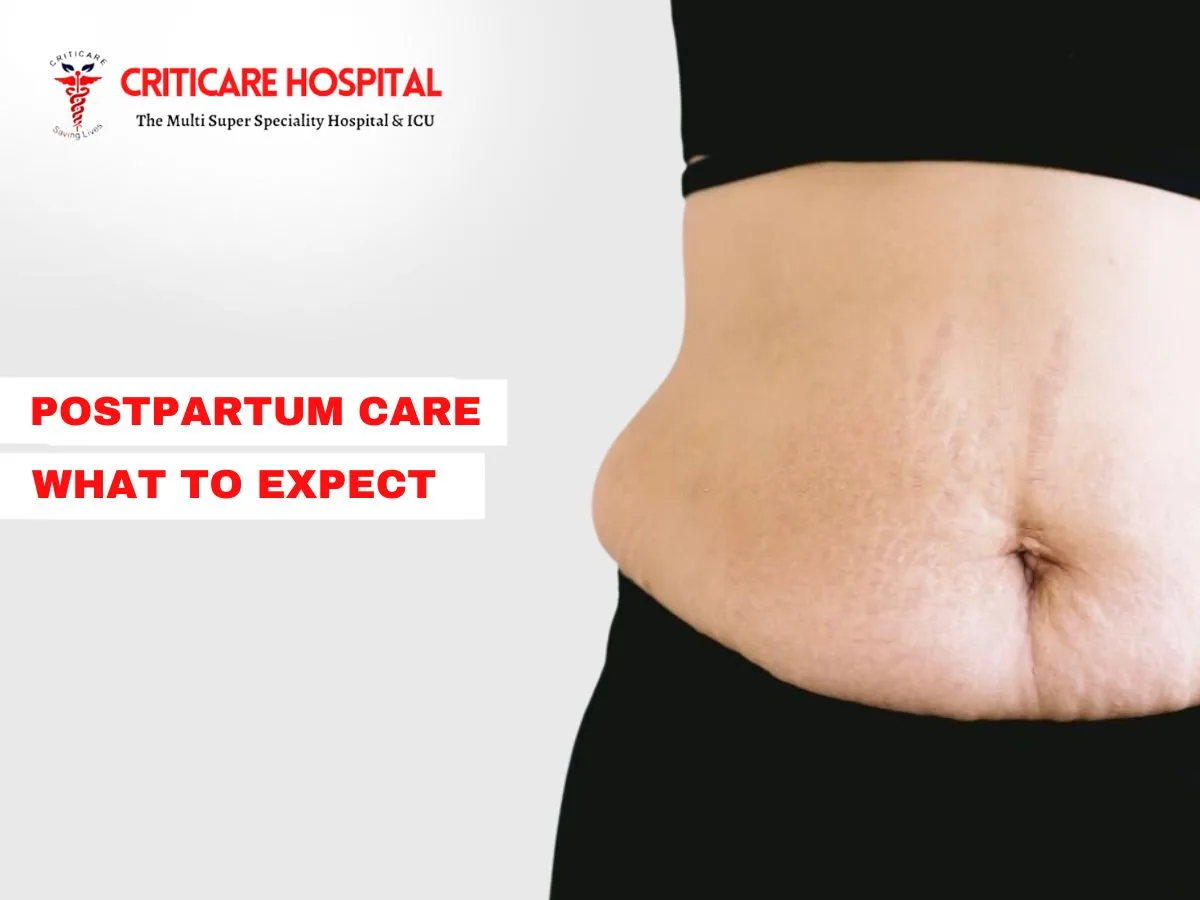Welcome to our blog post on postpartum care: what to expect. The postpartum period can often be a challenging and overwhelming time for new mothers, filled with physical changes, emotional fluctuations, and the need for additional support. In this post, we will discuss the various aspects of postpartum care, including recovering from childbirth, managing postpartum pain, the importance of rest and sleep, emotional and mental well-being, and physical exercise after delivery. By understanding what to expect during the postpartum period, new mothers can better prepare themselves and seek the necessary care and support for a smoother recovery.
Understanding Postpartum Care
Knowing what to expect in terms of postpartum care can help new mothers better prepare for the weeks following childbirth.
Postpartum care involves a range of physical and emotional changes that may require medical attention and support.
Recovering from Childbirth
Recovering from childbirth is a gradual process that varies for each individual, and it’s important for new mothers to give themselves time and patience.
Postpartum recovery involves healing from episiotomies, C-section incisions, and vaginal tears, which can be aided by proper wound care and pain management.
Managing Postpartum Pain
Postpartum pain is common and can be managed through various methods. It’s important for new mothers to discuss their pain levels with healthcare providers to receive appropriate pain management strategies.
Pain medications: Your healthcare provider may prescribe pain medications to help alleviate postpartum pain. It’s important to follow the prescribed dosage and consult with your healthcare provider if you have any concerns or side effects.
Warm compresses: Applying warm compresses to the affected area can help reduce pain and swelling. Use a clean cloth soaked in warm water and gently apply it to the painful area.
Gentle exercises: Engaging in gentle exercises, such as walking or stretching, can help relieve muscle tension and promote blood circulation. However, it’s crucial to consult with your healthcare provider before starting any exercise routine and follow their recommendations.
Remember to take it easy and listen to your body. Avoid overexertion and allow yourself enough time to rest and heal. Your healthcare provider will guide you through the appropriate pain management strategies based on your individual needs.
Importance of Rest and Sleep
Rest and sleep play a crucial role in postpartum recovery and overall well-being. After giving birth, your body needs time to heal and regain strength. Adequate rest and sleep support physical healing and also contribute to emotional health. Here are a few reasons why rest and sleep are essential during the postpartum period:
Physical Healing: Rest allows your body to recover from the physical stress of childbirth. It helps tissues heal, reduces swelling, and supports the postpartum healing process.
Mental Well-being: Lack of sleep can contribute to mood swings, fatigue, and feelings of being overwhelmed. Getting enough rest and sleep can improve your overall mood and help prevent the development of postpartum depression or anxiety.
Energy Levels: The demands of caring for a newborn can be exhausting. Rest and sleep help replenish your energy levels, allowing you to better manage the challenges of early motherhood.
It is important for new mothers to prioritize their sleep and rest. This may involve seeking help from family members or friends to assist with household chores or hiring a postpartum doula to provide support with baby care. Remember, taking care of yourself is just as important as taking care of your baby.
Emotional and Mental Well-being
Postpartum emotional and mental well-being should be given equal attention as physical recovery. The hormonal changes and the demands of motherhood can sometimes lead to feelings of sadness, anxiety, or overwhelm. It’s important for new mothers to be aware of the signs of postpartum depression and anxiety and to seek help if needed.
Self-care practices are essential for maintaining emotional well-being during the postpartum period. Taking time for relaxation, engaging in activities that bring joy, and practicing self-compassion can greatly support mental health. Additionally, seeking social support from loved ones or joining a new mothers’ support group can provide an understanding and comforting community.
Professional help is also available for those experiencing more severe emotional challenges. Postpartum therapists or counselors can offer guidance and support to navigate the emotional changes and challenges of new motherhood. It’s important to remember that seeking help is a sign of strength and self-care.
Physical Exercise After Delivery
Engaging in gentle exercises after childbirth can help improve muscle tone, promote circulation, and boost overall energy levels. However, it’s important for new mothers to consult with their healthcare providers before starting any exercise routine and to gradually increase intensity and duration.
Here are some types of exercises that new mothers can consider:
1. Walking
Walking is a low-impact exercise that can be easily incorporated into a daily routine. Start with short walks and gradually increase the duration and distance as your body adjusts.
2. Pelvic Floor Exercises
Strengthening the pelvic floor muscles is important for postpartum recovery and can help prevent bladder control issues. Kegel exercises are commonly recommended to target these muscles.
3. Yoga
Postpartum yoga classes or gentle yoga poses at home can help improve flexibility, reduce stress, and promote relaxation. Make sure to choose postnatal yoga classes specifically tailored for new mothers.
4. Swimming
Swimming provides a low-impact, full-body workout and can be a great way to relieve joint and muscle pain. Ensure that any incisions or wounds are fully healed before entering the water.
Remember to listen to your body and not push yourself too hard. If you experience any pain, discomfort, or excessive fatigue during or after exercise, speak with your healthcare provider. They can provide guidance and recommend exercises suitable for your individual needs.
Conclusion
Postpartum care is an important aspect of the childbirth journey that new mothers should be prepared for. Understanding what to expect in terms of physical and emotional changes can help mothers navigate this period more successfully. Recovering from childbirth takes time and patience, and it’s essential for new mothers to prioritize self-care and seek appropriate medical attention when needed.
Pain management, rest, and sleep are crucial for a smooth recovery, both physically and emotionally. Additionally, incorporating gentle exercises under the guidance of healthcare providers can further enhance postpartum healing. By taking care of both their physical and mental well-being, new mothers can have a smoother transition into this new chapter of their lives.




